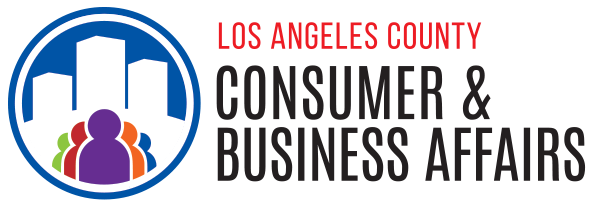Natural disasters, like the recent LA wildfires, create chaos and displacement, leaving many people vulnerable to exploitation, including human trafficking. In times of crisis, traffickers prey on those who have lost their homes, jobs, or support systems. Often, emergency responses can focus on property damage and price gouging, and they can overlook the increased risk of exploitation, including labor trafficking.
A 2024 Houston study found that 32% of construction workers involved in post-disaster cleanup and rebuilding efforts experienced labor trafficking. That is nearly one in three workers. Domestic workers and day laborers, who may not qualify for unemployment benefits or other forms of government assistance, are especially vulnerable. Hospitality workers keeping hotels running for displaced residents also face increased risk.

Help Prevent Exploitation
You can support ethical labor practices by hiring responsibly, advocating for stronger worker protections, and sharing information to raise awareness in our communities. Helping recovery workers identify exploitative labor conditions and avoid unknowingly enabling trafficking is another way we can all help prevent exploitation.
Warning Signs
For those seeking work after a disaster, be cautious of job offers that sound too good to be true. Traffickers use false promises of high wages and effortless jobs to lure people into dangerous situations where they are exploited. Staying informed and recognizing these warning signs can help stop trafficking before it starts.
Read: How to spot and report human trafficking in Los Angeles County.
Report Labor Exploitation and Trafficking
If you or someone you know is being forced to engage in any activity and cannot leave – whether it is commercial sex, housework, farm work, construction, factory, retail, restaurant work or any other activity.
- Text: 233-733 (Be Free)
- Call: (888) 373-7888 – National Human Trafficking Hotline
You can also report labor exploitation or human trafficking, contact the Department of Consumer and Business Affairs (DCBA) Office of Labor Equity:
- Online: dcba.lacounty.gov/stophumantrafficking
- By Email: humantrafficking@dcba.lacounty.gov
- By Phone: (800) 593-8222
Local Support Resources
All organizations provide language access.
- Coalition to Abolish Slavery and Trafficking (CAST)
CAST provides legal, social, and advocacy services to assist survivors of human trafficking. Their toll-free hotline is available nationwide, 24/7, with translators in multiple languages.
Hotline: 888-KEY-2-FREE | 888-539-2373 - Bet Tzedek Legal Services
Bet Tzedek provides free legal assistance to low-income individuals in Los Angeles, focusing on workers’ rights, housing, and elder law. They have helped secure settlements for workers subjected to wage theft and labor exploitation.
Phone: 323-939-0506 - Federal Department of Labor – Wage and Hour Division
The U.S. Department of Labor enforces federal labor laws, including protections against wage theft, overtime violations, and unfair labor practices. They offer resources and reporting avenues for workers. Workers can receive direct assistance by calling these numbers:- Los Angeles (West and North County): 213-894-6375
- West Covina (East LA and San Gabriel Valley): 626-966-0478
Additional Resources
Here are key resources to help raise awareness and take action on this issue:
- Case Examples: Case Examples of Labor Trafficking in the Wake of Natural Disasters
- Fact Sheet: Protecting Workers from Human Trafficking in Disaster Relief Efforts
- Instagram: 5 Common Signs of Labor Exploitation & Human Trafficking
- Campaign: Social Media Toolkit (English, Spanish)
- Stop, Observe, Ask, Respond (SOAR) Training: Preventing & Responding to Human Trafficking

